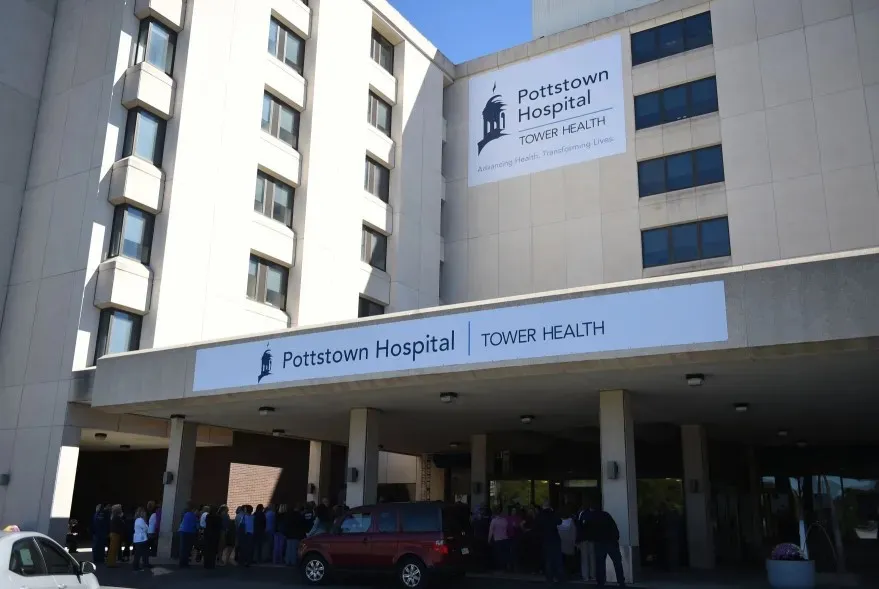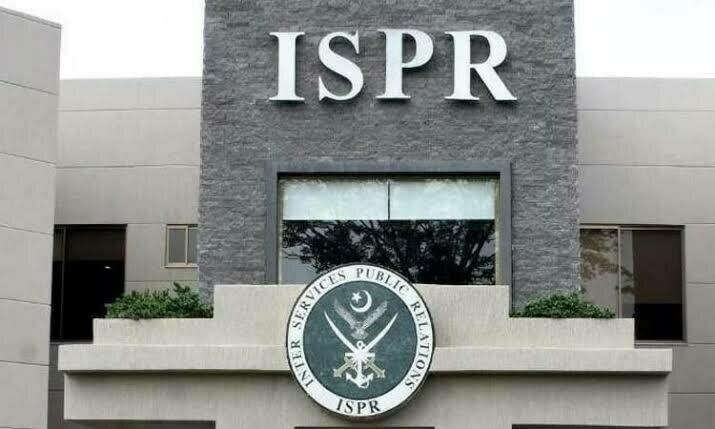Copyright Reading Eagle

For information on submitting an obituary, please contact Reading Eagle by phone at 610-371-5018, or email at obituaries@readingeagle.com or fax at 610-371-5193. Most obituaries published in the Reading Eagle are submitted through funeral homes and cremation services, but we will accept submissions from families. Obituaries can be emailed to obituaries@readingeagle.com. In addition to the text of the obituary, any photographs that you wish to include can be attached to this email. Please put the text of the obituary in a Word document, a Google document or in the body of the email. The Reading Eagle also requires a way to verify the death, so please include either the phone number of the funeral home or cremation service that is in charge of the deceased's care or a photo of his/her death certificate. We also request that your full name, phone number and address are all included in this email. All payments by families must be made with a credit card. We will send a proof of the completed obituary before we require payment. The obituary cannot run, however, until we receive payment in full. Obituaries can be submitted for any future date, but they must be received no later than 3:00 p.m. the day prior to its running for it to be published. Please call the obituary desk, at 610-371-5018, for information on pricing. Facing continued financial pressures that have plagued health networks across the U.S. for years, Tower Health — the health system that includes Reading Hospital — has announced it will be laying off 350 employees. The impacted employees were notified Friday. The largest portion of the job losses — a total of 131 — will be the result of the closure of three programs at Pottstown Hospital: the McGlinn Cancer Institute, the endoscopy program and the intensive care unit. Health system officials said the majority of the other layoffs are at the executive and administrative level. Further details on those cuts were not immediately available. Hospital officials said the layoffs will not impact any employees at St. Christopher’s Hospital for Children in Philadelphia, which is operated in partnership with Drexel University. “In the face of the major headwinds confronting every health system nationwide, we have taken important steps to transform our operations and build a more nimble and resilient organization,” a statement from Tower Health read. “These difficult decisions were not made lightly. They were made out of necessity to ensure that we can chart our own pathway forward and continue serving our communities. “Our commitment to award-winning, high-quality care and patient safety remains unwavering.” The layoffs will impact about 3% of Tower Health’s total workforce. Health system officials said they are being done to help ensure the system can continue to offer high-quality care to patients. “These changes are not simply about reducing costs,” the Tower Health statement read. “They reflect a strategic priority to reinvest savings in the pillars that power our future. That includes expanding our provider network, accelerating innovation through artificial intelligence and technology adoption and enhancing the overall patient experience.” The decision to cut programs at Pottstown was made after an examination of the system to determine what programs are no longer sustainable or aligned with how and where patients seek care. Pottstown Hospital has been losing money since before the COVID-19 pandemic, health system officials said. The programs being cut at Pottstown will remain in operation for at least 60 days, officials said. That will give patients a chance to find care elsewhere, the officials said, noting that similar services are offered at Reading Hospital, Phoenixville Hospital and other nearby health care providers. Despite the closure of the cancer center, Pottstown will continue to offer radiation oncology services, officials said. In a message sent to employees Friday, Tower Health President and CEO Michael Stern said the system is facing the same challenges that health care providers across the country are facing. “Across the country, health systems are under extraordinary financial pressures and uncertainty,” his message said. “Rising supply chain and labor costs, coupled with reimbursement rates that have not kept pace with expenses, are creating significant pressure. At the same time, demographic shifts — such as a growing Medicare population, more uninsured patients and evolving Medicaid policies — are adding complexity to the environment in which we provide care. “Tower Health is not immune to these realities.” Stern’s message said the health system has been working diligently to navigate the challenges over the past few years but that continuing on the same path is no longer viable. “To protect our mission and ensure we can continue delivering exceptional care well into the future, we must make thoughtful, forward-looking decisions today,” his message said. Stern said Tower remains dedicated to its patients. “This work goes beyond cost management — it’s about building a stronger, more resilient Tower Health for the future,” his message read. “By facing today’s challenges directly, we are creating the capacity to invest in what truly matters: supporting and growing our provider teams, harnessing the power of technology and artificial intelligence, enhancing care coordination and improving access and experience for the patients and families who rely on us.” Due in large part to a rapid expansion — Tower Health acquired five for-profit hospitals in 2017 — and challenges presented by COVID, the system has faced steep financial challenges over the past several years. It bled money year after year, which stirred rumors of a possible bankruptcy and the shuttering of its flagship Reading Hospital. In the fiscal year ending in 2020, the health system suffered losses of over $400 million. It was the third straight year the system suffered significant losses. A major turnaround strategy was initiated in 2021 with the hiring of interim CEO P. Sue Perrotty. The largest part of that effort was the jettisoning of several newly-acquired, struggling hospitals. Jennersville Hospital in Chester County was sold to ChristianaCare in June 2022. And in August 2022 Tower announced the sale of Chestnut Hill Hospital in Philadelphia to an alliance composed of Temple Health, Redeemer Health and Philadelphia College of Osteopathic Medicine. Brandywine Hospital in Chester County was closed in January 2022. Efforts to sell it are ongoing. Tower also shuttered several urgent care facilities and rid itself of partnerships that weren’t profitable. The system pursued a plan to make its operations more efficient. That included things like undertaking cost-cutting measures and finding ways to enhance revenues. The effort seemed to be paying off. In the spring of 2024, the system had its first profitable quarter in five years. But ongoing financial pressures — as mentioned by Stern in his message — have made continuing the turnaround difficult and forced the system to look for more ways to cut costs and increase efficiencies. Stern said in his message that he believes Friday’s layoffs will do that, while allowing the Tower Health to continue to pursue its mission. “We have always stood as a beacon of hope and healing,” it read. “We have weathered challenges before and emerged stronger and more united. I have every confidence that, together, we will successfully navigate the current headwinds.”



